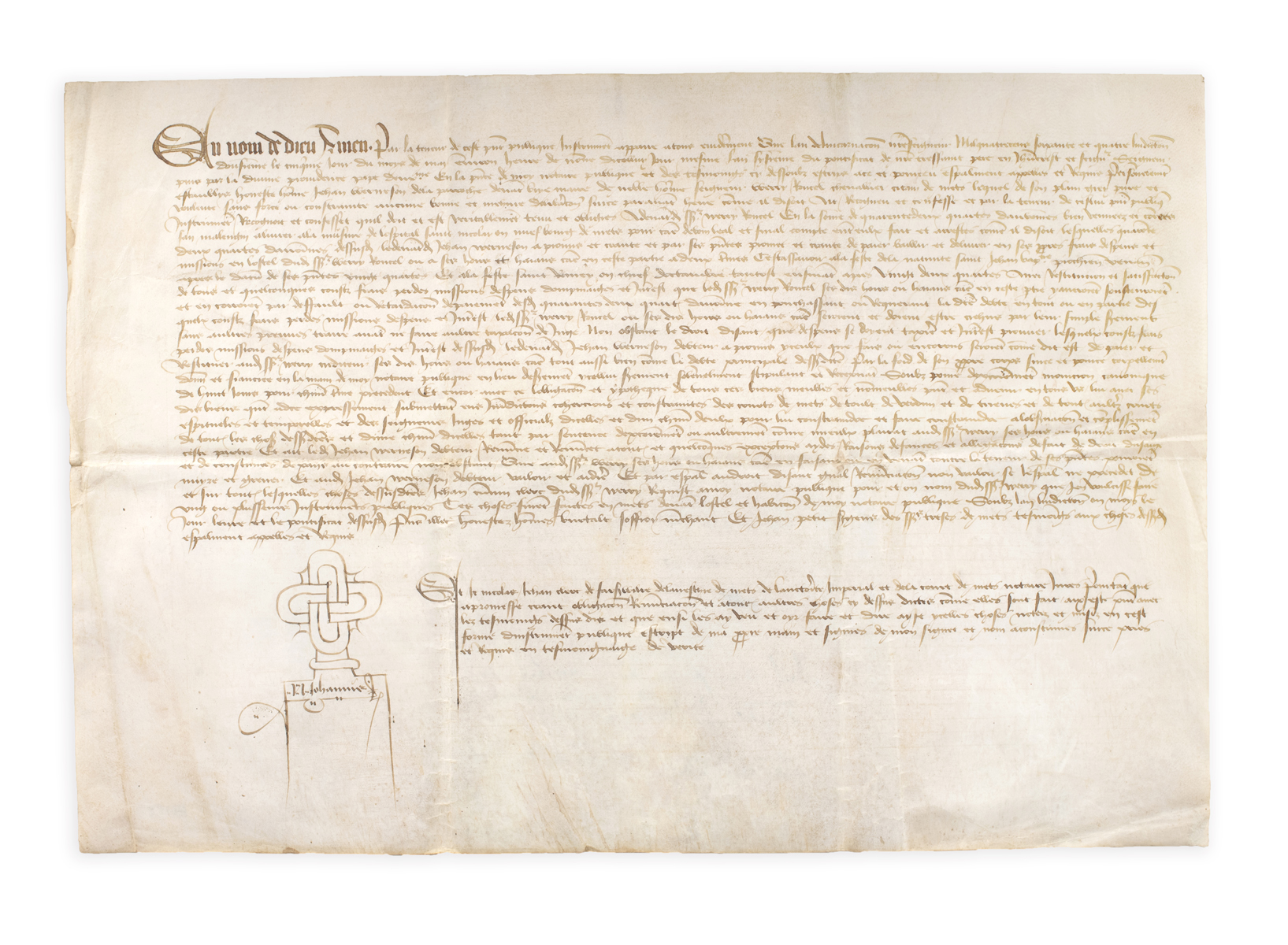‘One of the most important academic philosophers of the first half of the twentieth century’ (AN
PERRY, Ralph Barton (1876-1957), American philosopher.
Two autograph letters signed and one typed letter signed (‘Ralph Barton Perry’) to Henry D. Aiken.
Cambridge (Mass.), 1945-1946.
4to and 8vo, pp. 1 + 1 blank; 2; 1 + 1 blank; small stains to head of typescript letter and to one autograph letter, creases where folded, in good condition.
Added to your basket:
Two autograph letters signed and one typed letter signed (‘Ralph Barton Perry’) to Henry D. Aiken.
Perry, who became a leading realist philosopher, had intended to train for the ministry and viewed the academic career he achieved as a vocation. He was active within Harvard and the wider field of the American Philosophical Association and campaigned on a variety of causes. These letters are written to Professor Henry D. Aiken, a fellow member of the Philosophy department at Harvard, just prior to Perry’s retirement, and give an insight into Perry’s approach to his work and loyalty to his friends.
The first letter, dated 3 January 1945 from Cambridge (Mass.) and written on Harvard Club notepaper, refers to an incident in Aiken’s personal life and assures him ‘it will not go beyond us so far as we have anything to do with it’. The second letter, dated 19 March 1945, carries on the theme of the first and is a telling illustration of the ‘vocational’ nature of Perry’s attitude to his academic life. He writes that ‘I think you shall not stake … your happiness & your vocation on the possibility of a reconciliation. It is too improbable - & it directs your attention away from the real problem - which is to stand on your own feet & rely on your own intellectual talents & your own incorruptibility. As I have said before the tragedy which I most fear is that your own great possibilities shall be lost to you & to the world & this is your own personal problem’.
In the third typed letter, dated 10 April 1946 on Harvard University headed paper, Perry mentions that he is giving speeches at Wheaton College and New York. He then gives advice on courses Aiken might teach at the University of Washington: an ethics course on ‘naturalistic’ lines, including theory of value; social and political philosophy; aesthetics; and a lively elementary course. Perry remarks, ‘perhaps you could give the course in ethics so that it could cover your friend Hume and thus contribute something to instruction in British empiricism’. He ends by urging Aiken not to undertake too many courses in the beginning, and stresses ‘how much these plans mean to me’.

